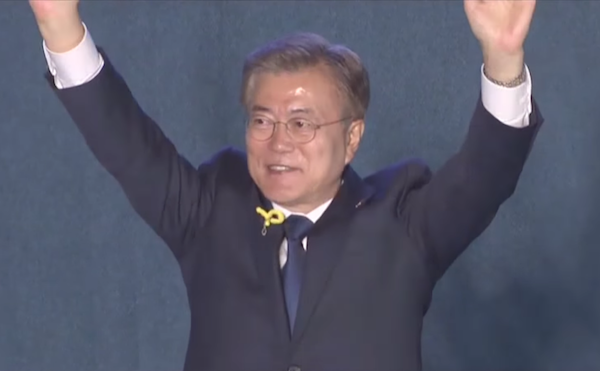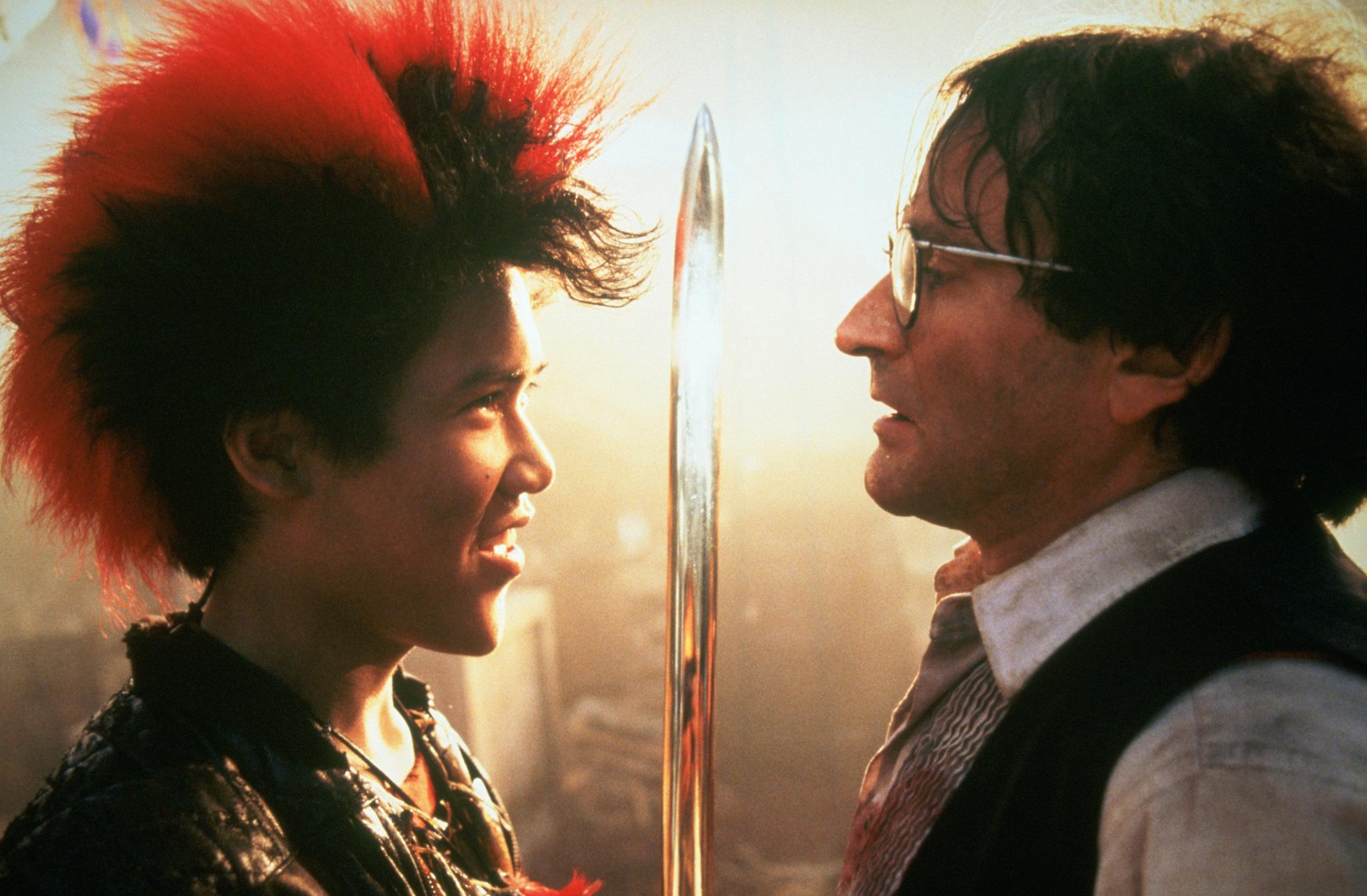WASHINGTON — President Donald Trump took South Korea to task over its trade surplus with the United States on Friday, demanding renegotiation of a bilateral pact, even as the close security allies voiced joint resolve against the nuclear weapons threat from North Korea.
Trump talked tough on North Korea, vowing to defend America and its allies against its “reckless and brutal regime,” as he concluded two-day of talks with South Korea’s new President Moon Jae-in.
But he also spoke bluntly about the 2012 free trade agreement between the two nations that he said was a “rough deal” for America. He called for the lifting of barriers to U.S. auto sales in South Korea and accused Seoul of enabling exports to the U.S. of dumped steel — apparently referring to steel made in China.
“I’m encouraged by President Moon’s assurances that he will work to create a level playing field so that American workers and businesses and especially auto makers can have a fair shake at dealing with South Korea,” Trump said in comments alongside Moon in the Rose Garden of the White House.
Trump said the U.S. trade deficit with South Korea had grown sharply since the pact took effect. The deficit in goods and services totaled $17 billion last year.
Moon glossed over the differences in trade in his comments. He described the U.S.-South Korean economic partnership as a pillar of the alliance — traditionally rooted in the bond forged during the 1950-53 Korean War and the continued presence of 28,000 U.S. forces in South Korea.
Moon said that Trump has accepted his invitation to visit South Korea with the first lady Melania Trump later this year.
Trump called for “fair burden-sharing” by Seoul in paying for the U.S. military presence in South Korea. But there was little divergence apparent between the two leaders on the issue of North Korea. There had been concern that Moon’s pro-engagement stance toward Pyongyang could clash with Trump’s effort to crank up pressure and deepen North Korea’s isolation.
In a sign of the Trump administration’s hardening stance on that issue, the Treasury Department on Thursday blacklisted a Chinese bank accused of conducting millions in illicit business with North Korea.
On Friday, Trump called on all nations to join the U.S. in implementing sanctions that are intended to starve North Korea of resources for its nuclear and missile programs. He demanded North Korea “choose a better path and do it quickly and a different future for its long-suffering people.”
“Our goal is peace, stability and prosperity for the region — but the United States will defend itself, always will defend itself — always,” Trump said. “And we will always defend our allies.”
Moon said that the two leaders agreed to strengthen their deterrence, and that provocations from would meet with a “stern response.” He said they agreed to coordinate closely, including on sanctions and dialogue.
“The North Korean nuclear issue must be resolved without fail. North Korea should be no means underestimate the firm commitment of Korea and the U.S. in this regard,” he said, urging Pyongyang to return to negotiations on denuclearization.
North Korean leader Kim Jong Un shows no sign of doing of negotiating away his nuclear deterrent which he considers as a guarantee against an invasion to topple his totalitarian regime. Washington regards North Korea as one of its most pressing national security threats as it moves closer toward acquiring a nuclear-tipped missile that could strike the continental U.S.
Moon’s conservative predecessor, who was impeached in a bribery scandal, took a hard line toward North Korea. Moon’s stance is softer. He has said sanctions alone cannot solve the problem of North Korea’s nuclear and missile programs, but the “right conditions” are needed for dialogue.
Before Friday’s talks at the White House, Moon laid a wreath at the Korean War Memorial monument near the Washington Mall. He was accompanied by Vice President Mike Pence, whose father served in the U.S. Army during the Korean War. Under the pale blue morning sky, they observed a moment of silence as a lone trumpeter played “Taps.”
It was the second occasion during Moon’s four-day visit that he has paid tribute to American veterans of that conflict. On Wednesday, he visited a memorial to Marines who in 1950 enabled a mass evacuation of Korean civilians, including Moon’s parents.
By Matthew Pennington







